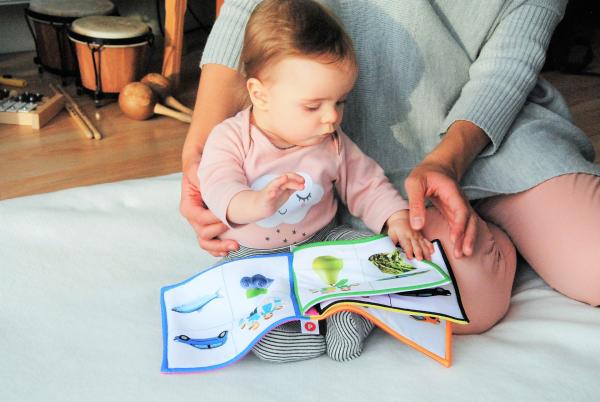“Hiccups are one of the most common bodily experiences that humans (and rats, squirrels, rabbits, cats, dogs, and horses) have; even fetuses get them. When we hiccup, the diaphragm involuntarily contracts and the vocal cords snap closed, producing the eponymous “hic” sound. These spasms usually disappear within a few minutes. Compared with cancer’s existential threat and the brutal reality of treating it, hiccups are innocuous, banal, and unserious. But these two experiences are, peculiarly, connected.”
From The Atlantic, Hiccups Have a Curious Connection to Cancer
“Three U.S. presidential administrations — those of Barack Obama, Donald Trump, and Joe Biden — have devoted diplomatic focus to induce and impel China to tighten its regulations vis-à-vis fentanyl-class drugs and their precursor chemicals and to more diligently enforce these regulations. China, however, sees its counternarcotics enforcement, and more broadly its international law enforcement cooperation, as strategic tools that it can instrumentalize to achieve other objectives. … As the relationship between the two countries deteriorated, China’s willingness to cooperate with the United States declined. … In August 2022, China officially announced that it suspended all counternarcotics and law enforcement cooperation with the United States.…
While China takes counternarcotics diplomacy in Southeast Asia and the Pacific very seriously, its operational law enforcement cooperation tends to be highly selective, self-serving, limited, and subordinate to its geopolitical interests.”
From the Brookings Institute, “testimony was submitted to the House of Representatives Subcommittee on National Security, Illicit Finance, and International Financial Institutions”
The fight over artificial vs. natural goes back centuries at this point. But to gain a bit of perspective, we might consider this example from the 1800s.
“An ice baron who’d made a fortune shipping ice south from lakes and streams in New England found his business threatened when technology was developed to freeze water commercially around 1850. So he sowed fear of “artificial ice,” hurting the new technology’s prospect.”
Yes, you are using processed, though not heavily, artificial ice. Here’s more from Works in Progress, Notes on Progress: Artificial flavoring
There is no better way to see your neighborhood than by bicycle, at least for me. Walking is too slow, and driving is way too fast, but with a bike, you can set a pace that allows you to see and experience the moment. Unless, of course, you are in New York City, where bicycling is a blood sport. Here are some thoughts on riding a bike from another cyclist, Austin Kleon, One Year of Biking.




